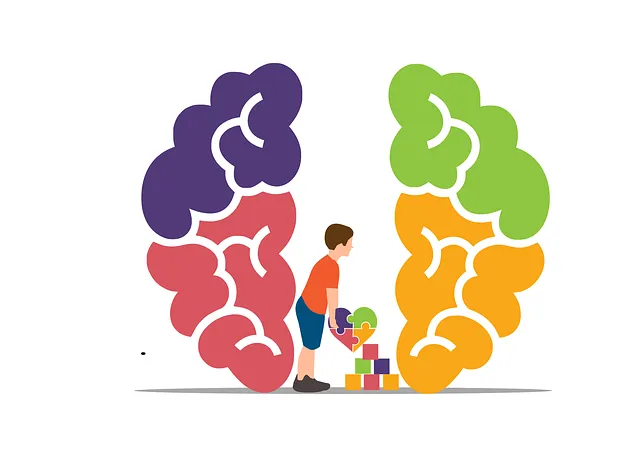Golden Kaiser Permanente prioritizes cultural sensitivity in mental health through empathetic strategies like mindfulness meditation and education programs that respect diverse belief systems. This holistic approach fosters trust, enhances therapeutic outcomes, reduces mental illness stigma, and provides tailored interventions for a diverse community.
In today’s diverse society, cultural sensitivity is paramount in mental healthcare. The way to effective treatment lies in understanding and respecting varied cultural contexts. This article explores these nuances, drawing from the inclusive practices of Golden Kaiser Permanente as a model for best approach. We delve into strategies that bridge cultural gaps, ensuring every individual receives sensitive, tailored mental health care. Understanding cultural diversity is not just beneficial; it’s essential for successful patient outcomes in mental health.
- Understanding Cultural Diversity in Mental Healthcare
- Golden Rules for Sensitive Practice: Kaiser Permanente Approach
- Embracing Inclusion: Strategies for Effective Treatment
Understanding Cultural Diversity in Mental Healthcare

In the diverse landscape of mental healthcare, understanding cultural diversity is a cornerstone of effective treatment. Golden Kaiser Permanente mental health services recognize that individuals from various ethnic, racial, and cultural backgrounds may approach wellness differently. This recognition goes beyond simply offering translation services; it involves deeply respecting and integrating cultural beliefs, values, and practices into therapeutic processes. For instance, what works for a patient from Western culture might not be suitable or effective for someone with roots in Eastern traditions.
By embracing cultural sensitivity, mental health professionals at Kaiser Permanente strive to create inclusive environments that foster trust and encourage open communication. This approach facilitates the development of tailored treatment plans that focus on building resilience and coping skills, ultimately leading to improved Anxiety Relief. Furthermore, it empowers individuals to engage more actively in their healing journey, recognizing that traditional cultural practices can complement modern therapeutic techniques in unique and powerful ways.
Golden Rules for Sensitive Practice: Kaiser Permanente Approach

At Kaiser Permanente, mental health care is guided by a set of Golden Rules designed to foster cultural sensitivity and compassionate practice. These rules emphasize empathy building strategies as foundational elements for effective treatment, recognizing that understanding a patient’s unique cultural context is key to providing quality care. By incorporating mindfulness meditation into therapy sessions, healthcare providers cultivate both self-awareness and patience, allowing them to connect more deeply with clients from diverse backgrounds.
The Kaiser Permanente approach underscores the importance of mental health education programs design tailored to address cultural nuances. This involves learning about different belief systems, values, and expressions of distress across various communities. Such knowledge enables mental health professionals to avoid assumptions and stereotypes, ensuring that every patient receives personalized care that respects their identity and experience. This holistic approach not only enhances therapeutic outcomes but also builds trust between healthcare providers and the diverse populations they serve.
Embracing Inclusion: Strategies for Effective Treatment

In an increasingly diverse society, mental healthcare providers must embrace inclusion to offer effective treatment. Golden Kaiser Permanente mental health services benefit from acknowledging and incorporating cultural sensitivity strategies that cater to a wide range of patient backgrounds. This involves understanding and respecting different beliefs, values, and expressions of mental wellness or distress. For instance, Compassion Cultivation Practices have been shown to reduce stigma associated with mental illness, fostering an environment where patients feel safe to seek help without fear of judgment.
By integrating these approaches, mental health professionals at Kaiser Permanente can navigate complex cultural landscapes more effectively. They can then tailor interventions to meet the unique needs of each patient, enhancing therapeutic outcomes and contributing to Mental Illness Stigma Reduction Efforts. This holistic approach ensures that everyone has access to quality care, ultimately promoting better mental wellness for a diverse community.
Cultural sensitivity is an indispensable aspect of modern mental healthcare, as communities become increasingly diverse. By adopting inclusive practices, such as those outlined in the Golden Rules from Kaiser Permanente, mental health professionals can create safe spaces for all patients. Embracing cultural diversity and implementing effective strategies ensures that everyone receives personalized, compassionate care tailored to their unique needs. This approach not only enhances treatment outcomes but also fosters a more equitable and accessible mental healthcare system.






